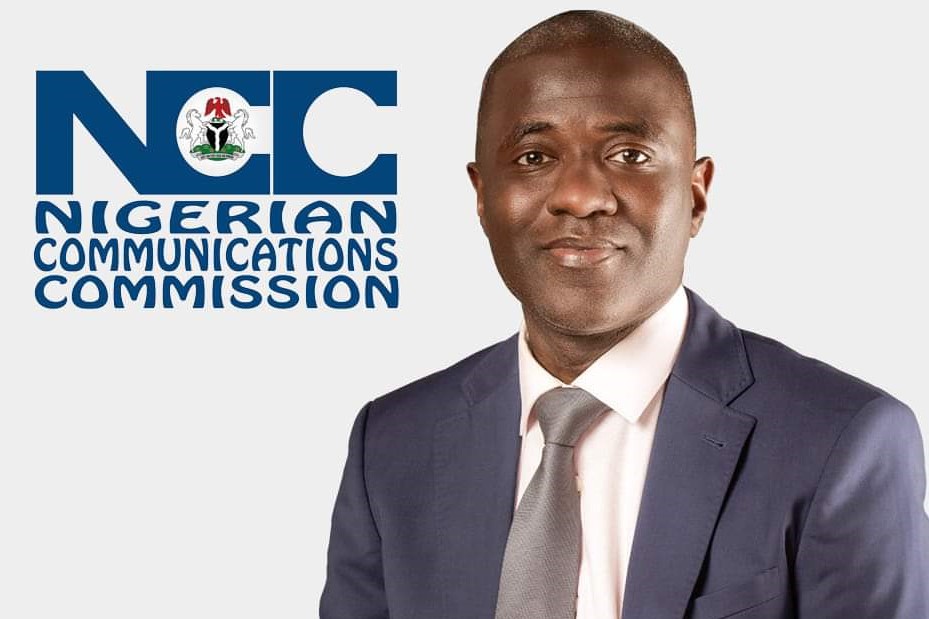In his presentation titled “Digital Inclusion as Arbiter of Accessible PR: A Case of the Nigerian Communications Commission,” Ibietan highlighted 36 initiatives by the Nigerian Communications Commission (NCC). These initiatives extend beyond its regulatory mandate, focusing on infrastructure expansion, supporting SMEs, empowering educational institutions, advancing innovation, and promoting digital up-skilling among Nigerian youths.
Key Initiatives
1. Educational Programs:
- Advanced Digital Awareness Programme for Tertiary Institutions (ADAPTI)
- Campus Innovation and Entrepreneurship Programme (CIEP)
- e-PAD Project for 232 Institutions
- Digital Appreciation Project (DAP) for 247 Secondary Schools
- Digital Literacy Training for Teachers (DLT)
- Tertiary Institutions Digital Centre (TIDC) for 250 Institutions
- 2,291 Digital Nigeria Centers (DNC) with Online/Offline Educational Resources
2. Support for SMEs:
- Digital Integration Programme (DIP) for MSMEs
3. Inclusivity Programs:
- E-Accessibility Programme for Persons with Disabilities
- Nigerian Girls Can Code Competition
- Build A-Thon for Young Innovators
4. Rural and Local Initiatives:
- Local Application and Content Deployment Programme
- 72 Rural Broadband Initiative Projects
Impact and Contributions
Ibietan noted that the NCC, through the Universal Service Provision Fund (USPF), has implemented various digital infrastructure projects and programs, collaborating with stakeholders to enhance digital literacy, reduce the digital divide, and promote participation in political, economic, and social processes. These efforts have enabled more accessible digital public relations in Nigeria.
He stated that these interventions have fundamentally shifted digital literacy, opening participation in numerous societal processes. The NCC’s investments in digital infrastructure have been crucial, especially during the COVID-19 pandemic, by enabling the transition of activities to digital platforms, thus mitigating the pandemic’s impact.
Emphasis on Digital Inclusion
Ibietan underscored the importance of digital inclusion, defining it as the ability of individuals and groups to access and fully participate in the digital society. This includes using information and communication technologies (ICTs) such as the internet, computers, and mobile devices. Digital inclusion also involves possessing the skills, knowledge, and resources to effectively utilize these technologies.
He highlighted that digital inclusion promotes economic and social opportunities, civic engagement, education, lifelong learning, digital literacy, skills development, innovation, entrepreneurship, and reducing inequalities.
Conference Context
At the APRA Conference, where over 20 papers were presented, Ibietan’s was the sole presentation showcasing digital infrastructure investments by an African country. While many papers emphasized the need for adequate broadband infrastructure to enhance digital culture in Africa, Ibietan focused on practical investments and their impacts.
Recommendations
Ibietan recommended continuous communication among stakeholders to ensure the efficient management and maximization of benefits from social investment and infrastructural projects. He stressed that for economies to grow and develop measurably, digital inclusion is essential as it supports various socio-economic aspects and bridges the digital divide.
Source: Techeconomy

